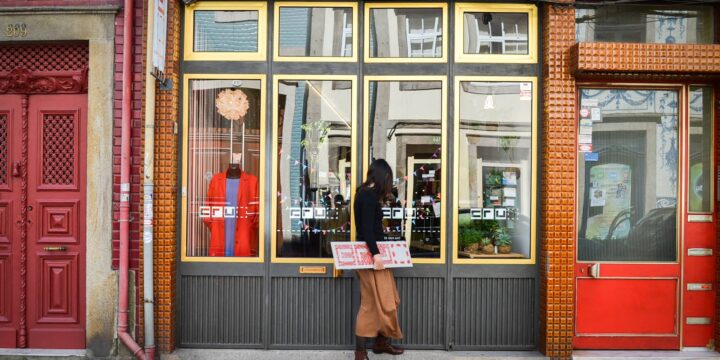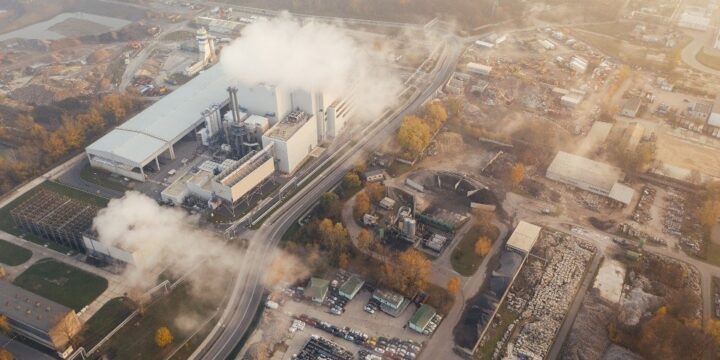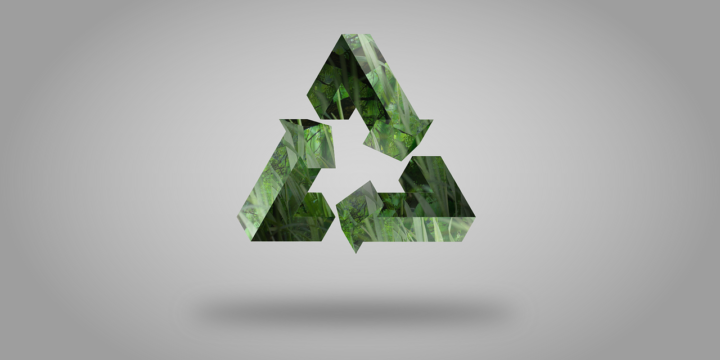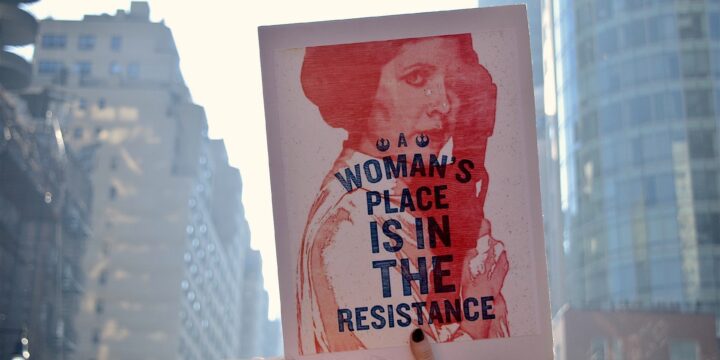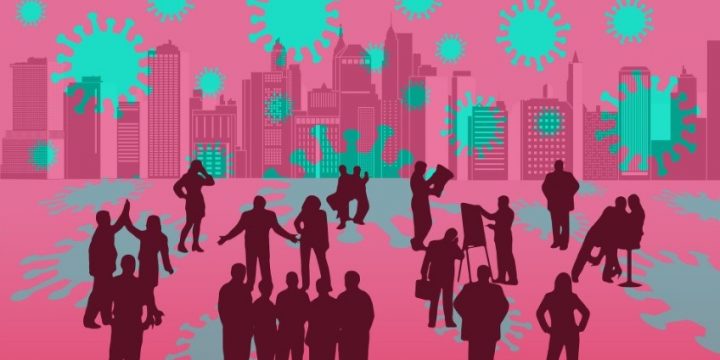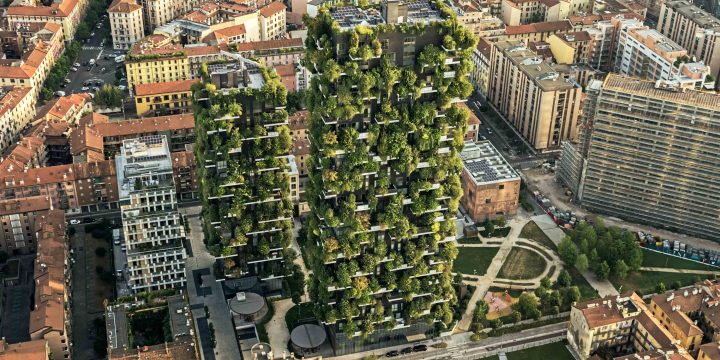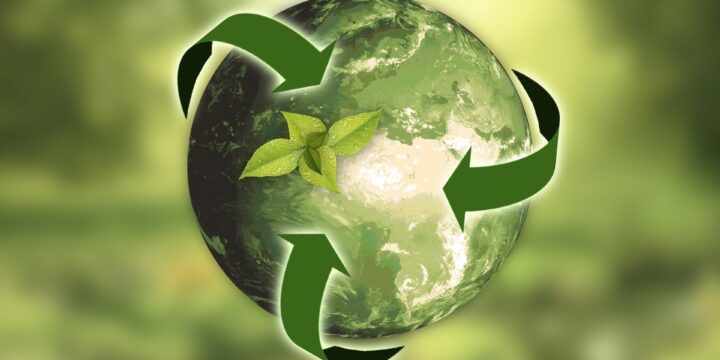
CSR & the Covid 19 Pandemic
Written by Piera Sciama, project manager, E-Juniors With the Covid19 pandemic, corporate social responsibility (CSR) commitments are being put to the test. They are under scrutiny by the public as well as by analysts and decision-makers. A long term solid CSR policies and a coherent sustainability strategy can insure company resilience in this time of unprecedented economic and social challenges. PART 2 CSR & Social Resilience during Covid 19 Coordinating effort Companies that had institute a CSR policy and CSR mechanisms have reacted faster to the crisis and put into place concrete solutions. According to Francesco Bellino, sustainability director at the Boston Consultancy Group (BCG): "at the operational level, it is clear that companies that paid close attention to social issues, in particular with a strong dialogue with stakeholders, were…


